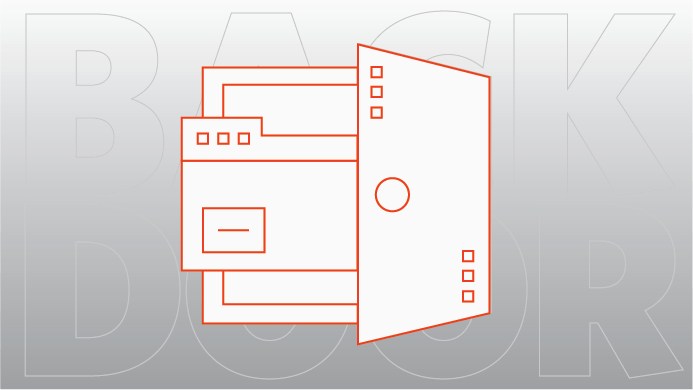Backdoor Roth IRA
Strategy
For Higher Income Earners Who Can’t
Contribute Directly To A Roth IRA.

Step 1: Make a NonDeductible Contribution
Make a non deductable contribution to your Traditional IRA, up to $7000 [$8000 over 50]

Traditional IRA
annually


Step 2: Establish your Roth IRA

Roth IRA


Step 3: Convert NonDeductible Funds

Convert

Backdoor Roth IRA
Strategy Overview
Roth IRAs can be established and funded for high-income earners by using what is known as the “back door” Roth IRA contribution method. Many high-income earners believe that they can’t contribute to a Roth IRA because they make too much money and/or because they participate in a company 401(k) plan. Fortunately, this isn’t true
While direct contributions to a Roth IRA are limited to taxpayers with income in excess of $161,000 ($240,000 for married taxpayers), those whose income exceeds these amounts may make annual contributions to a non-deductible Traditional IRA and then convert those amounts over to a Roth IRA. Directed IRA can help those who want a self-directed “back door” Roth IRA, but the strategy can be done with almost anyone who wants a Roth IRA.
The strategy used by high-income earners to make Roth IRA contributions involves the deposit of non-deductible contributions to a Traditional IRA and then converting those funds in the non-deductible Traditional IRA to a Roth IRA. This is oftentimes referred to as a “back door” Roth IRA. In the end, you don’t get a tax deduction on the amounts contributed, but the funds are held in a Roth IRA and are tax-free upon retirement (just like a Roth IRA). Roth ‘n’ Roll.
Articles On Backdoor
Roth IRAs
Learn the strategies that other high-income
earners have used to build their retirement

Back Door Roth IRA Rules and Steps
Roth IRAs can be established and funded for high-income earners by using what is known as the “backdoor” Roth IRA contribution method….